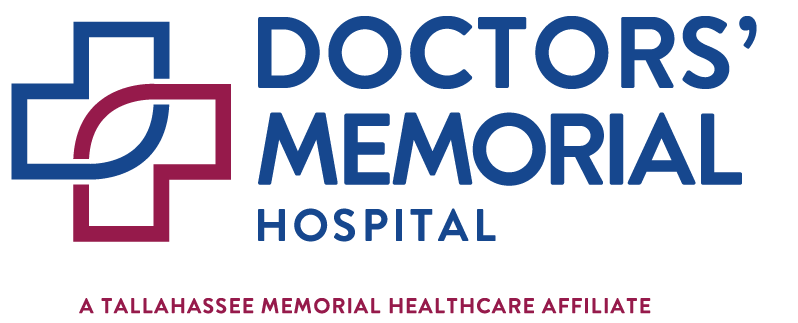Visitor Guidelines
Visitation and Masking Guidelines
Visiting Hours and Access
Hospital visiting hours are 9am-9pm daily.
- The main lobby entrance will be open for use from 7am-6pm daily.
- The Cafeteria entrance will be open for use during Café Hours, Monday-Friday.
- Use of main hospital access from the Emergency Department will be restricted.
Visitation
- In-person visitation is permitted in all circumstances, unless visitation is refused by the patient.
- There are no limitations on the number of visitors with the following exceptions:
- Intensive Care Unit (ICU) and Emergency Department (ED) patients are encouraged to limit visitors to two (2) on a rotating basis, providing visitors do not impede the progress of patient care.
- Outpatient Surgery and Infusion Clinic will permit one (1) visitor per adult patient and two (2) visitors per pediatric patient.
- The patient has the right to receive family members and guests they designate and may withdraw consent or deny entrance at any time.
- Visitors are encouraged to wash their hands when visiting DMH. Hand sanitizer can be found in all hallways and within each patient room. Soap is supplied in the restrooms, and within each patient’s room.
Masking
DMH reserves the right to require the use of masks at DMH Locations in other circumstances consistent with national and state standards, and state and federal laws, rules, requirements, or regulations. While masks are defined above in this policy, there may be situations where a specific level of mask protection is required.
Visitors may be required to wear a mask in the following circumstances:
- The visitor exhibits signs or symptoms of or has a diagnosed infectious disease that can be spread through droplet or airborne transmission.
- The visitor is entering a sterile area of the facility or an area where a sterile procedure is being performed.
- The visitor is entering an in-patient room or clinical room with a patient who is exhibiting signs or symptoms of or has a diagnosed infectious disease that can be spread through droplet or airborne transmission.
- The visitor is entering a room of a patient with a condition affecting the immune system in a manner that is known to increase the risk of infection from others without signs or symptoms of infection. In this case, a treating practitioner may determine that facial coverings are necessary for patients’ safety.
Patients may be required to wear a mask in the common area of DMH if they are exhibiting signs and/or symptoms or has a diagnosed infectious disease that can be spread through droplet or airborne transmission.
Colleagues should avoid entering the facility if they are sick. Colleagues will be required to mask in the following circumstances:
- Conducting sterile procedures or working in a sterile area.
- Working with or treating patients who have been diagnosed with a condition affecting the immune system in a manner that is known to increase the risk of infection from others without signs or symptoms of infection.
- With a patient on droplet or airborne isolation
- Engaging in a non-clinical potentially hazardous activity that requires facial covering or prevents physical injury or harm in accordance with industry standards.
